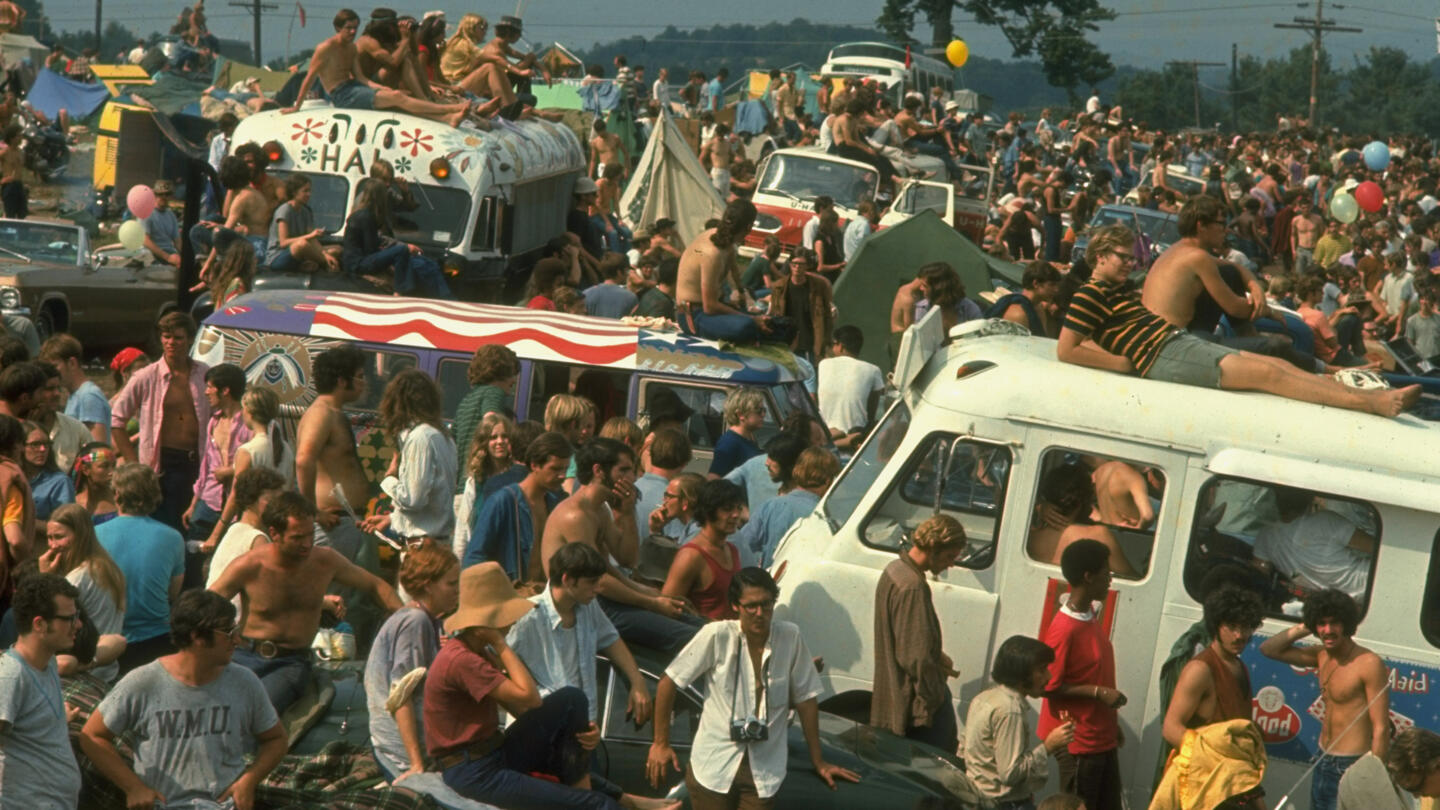
Woodstock festival opens in Bethel, New York
On August 15, 1969, the Woodstock music festival opens on a patch of farmland in White Lake, a hamlet in the upstate New York town of Bethel.
Promoters John Roberts, Joel Rosenman, Artie Kornfield and Michael Lang originally envisioned the festival as a way to raise funds to build a recording studio and rock-and-roll retreat near the town of Woodstock, New York. The longtime artists’ colony was already a home base for Bob Dylan and other musicians. Despite their relative inexperience, the young promoters managed to sign a roster of top acts, including the Jefferson Airplane, the Who, the Grateful Dead, Sly and the Family Stone, Janis Joplin, Jimi Hendrix, Creedence Clearwater Revival and many more.
Plans for the festival were on the verge of foundering, however, after both Woodstock and the nearby town of Wallkill denied permission to hold the event. Dairy farmer Max Yasgur came to the rescue at the last minute, giving the promoters access to his 600 acres of land in Bethel, some 50 miles from Woodstock.
Early estimates of attendance increased from 50,000 to around 200,000, but by the time the gates opened on Friday, August 15, more than 400,000 people were clamoring to get in. Those without tickets simply walked through gaps in the fences, and the organizers were eventually forced to make the event free of charge. Folk singer and guitarist Richie Havens kicked off the event with a long set, and Joan Baez and Arlo Guthrie also performed on Friday night.
Though Woodstock had left its promoters nearly bankrupt, their ownership of the film and recording rights more than compensated for the losses after the release of a hit documentary film in 1970. Later music festivals inspired by Woodstock’s success failed to live up to its standard, and the festival still stands for many as an example of America’s 1960s youth counterculture at its best.
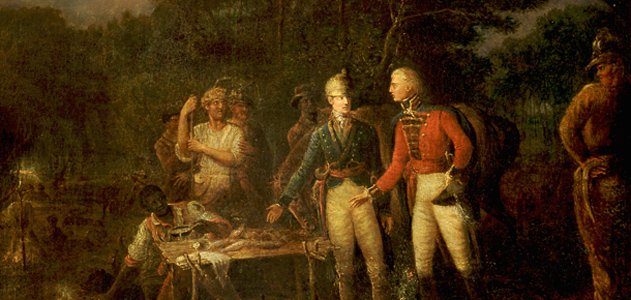
AMERICAN REVOLUTION
1780
“Swamp Fox” routs loyalists while Gates’ men fall ill
On August 15, 1780, American Lieutenant Colonel Francis Marion, the “Swamp Fox,” and his irregular cavalry force of 250 rout a party of Loyalists commanded by Major Micajah Gainey at Port’s Ferry, South Carolina. Meanwhile, General Horatio Gates’ men consumed half-baked bread.

GREAT BRITAIN
1057
King Macbeth is killed by Malcolm Canmore
At the Battle of Lumphanan, King Macbeth of Scotland is slain by Malcolm Canmore, whose father, King Duncan I, was murdered by Macbeth 17 years earlier. Macbeth was a grandson of King Kenneth II and also had a claim to the throne through his wife, Gruoch.
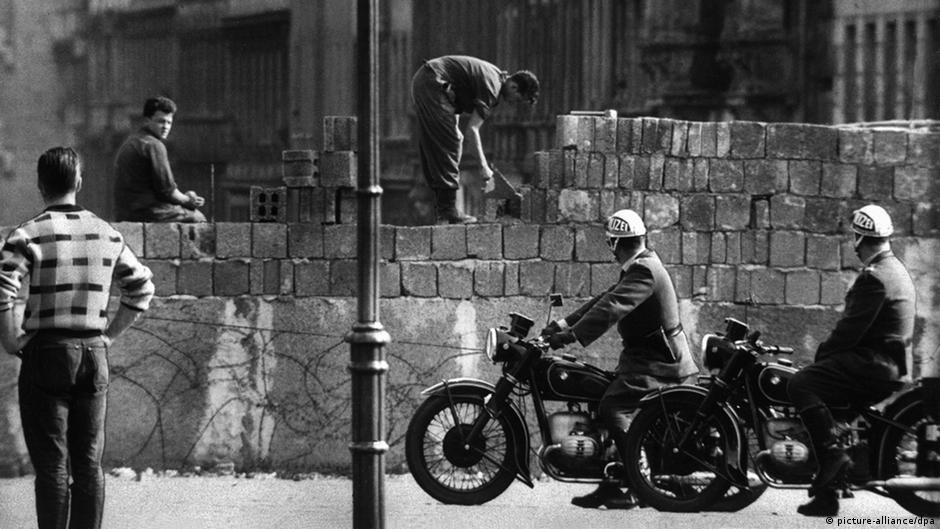
COLD WAR
1961
Berlin Wall built
Two days after sealing off free passage between East and West Berlin with barbed wire, East German authorities begin building a wall—the Berlin Wall—to permanently close off access to the West. For the next 28 years, the heavily fortified Berlin Wall stood as the most tangible symbol of the Cold War—a literal “iron curtain” dividing Europe.

LANDMARKS
1914
Panama Canal open to traffic
The American-built waterway across the Isthmus of Panama, connecting the Atlantic and Pacific oceans, is inaugurated with the passage of the U.S. vessel Ancon, a cargo and passenger ship. The rush of settlers to California and Oregon in the mid 19th century was the initial impetus of the U.S. desire to build an artificial waterway across Central America.

MIDDLE EAST
1947
India and Pakistan win independence
The Indian Independence Bill, which carves the independent nations of India and Pakistan out of the former Mogul Empire, comes into force at the stroke of midnight on August 15, 1947. The long-awaited agreement ended 200 years of British rule and was hailed by Indian independence.

WORLD WAR II
1945
Emperor Hirohito announces Japan’s surrender
Emperor Hirohito broadcasts the news of Japan’s surrender to the Japanese people on August 15, 1945 (August 14 in the West because of time-zone differences). Although Tokyo had already communicated to the Allies its acceptance of the surrender terms of the Potsdam Conference.
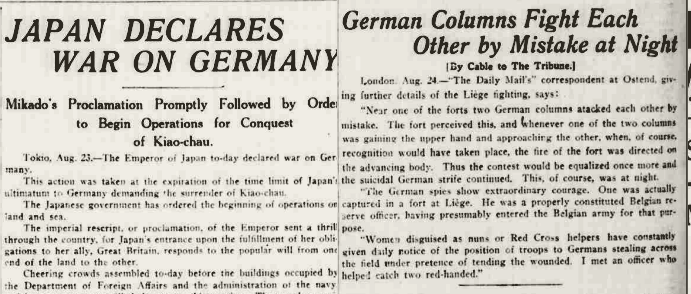
WORLD WAR I
1914
Japan gives ultimatum to Germany
On August 15, 1914, the government of Japan sends an ultimatum to Germany, demanding the removal of all German ships from Japanese and Chinese waters and the surrender of control of Tsingtao—the location of Germany’s largest overseas naval bases, located on China’s Shantung.

VIETNAM WAR
1968
Heavy fighting erupts in and around the DMZ
Heavy fighting intensifies in and around the DMZ, as South Vietnamese and U.S. troops engage a North Vietnamese battalion. In a seven and a half hour battle, 165 enemy troops were killed. At the same time, U.S. Marines attacked three strategic positions just south of the DMZ.
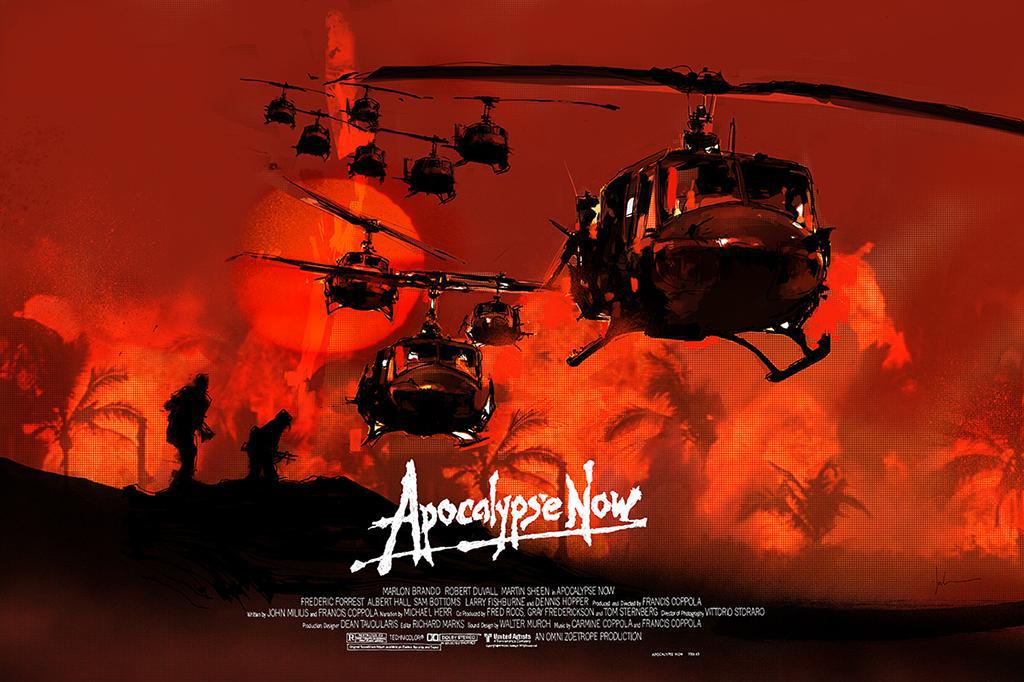
ART, LITERATURE, AND FILM HISTORY
1979
"Apocalypse Now" released in theaters
Apocalypse Now, the acclaimed Vietnam War film directed by Francis Ford Coppola, opens in theaters around the United States on August 15, 1979. The film, inspired in part by Joseph Conrad’s 1899 novella Heart of Darkness, among other sources, told the story of an Army captain (played by Martin Sheen) and crew of men who are sent into the Cambodian jungle to kill a U.S. Special Forces colonel (Marlon Brando) who has gone AWOL and is thought to be crazy.
CRIME
2006
Wife of slain minister released from jail
Mary Winkler, who confessed to fatally shooting her pastor husband Matthew Winkler in his sleep at their church parsonage in Selmer, Tennessee, is released from jail on $750,000 bail. Winkler was later convicted in his killing, but served only a short time in prison.

INVENTIONS & SCIENCE
1899
Henry Ford leaves Edison to start automobile company
On August 15, 1899, in Detroit, Michigan, Henry Ford resigns his position as chief engineer at the Edison Illuminating Company’s main plant in order to concentrate on automobile production. Henry Ford left his family’s farm in Dearborn, Michigan, at age 16 to work in the machine shops of Detroit.

Comments
Post a Comment